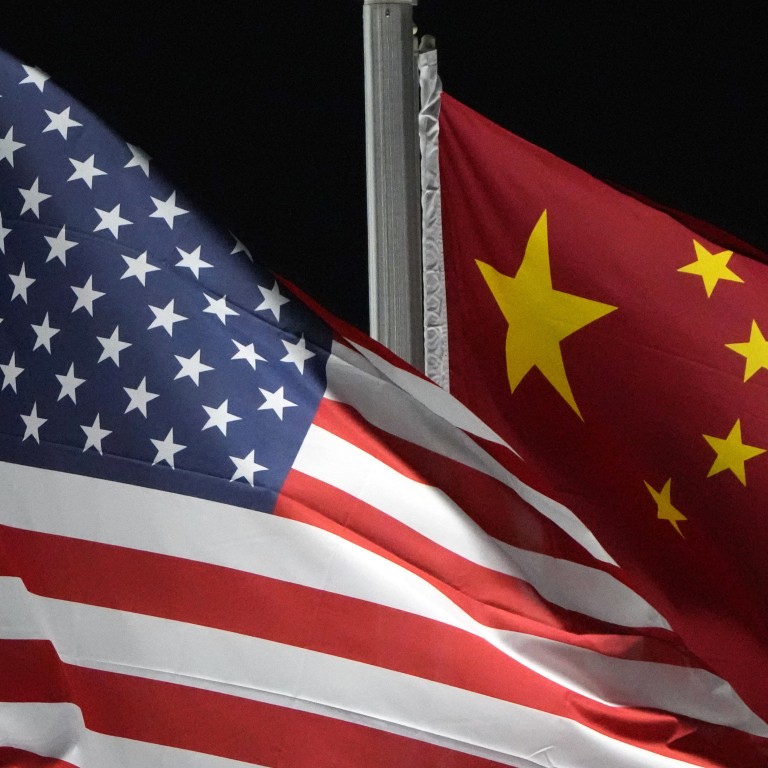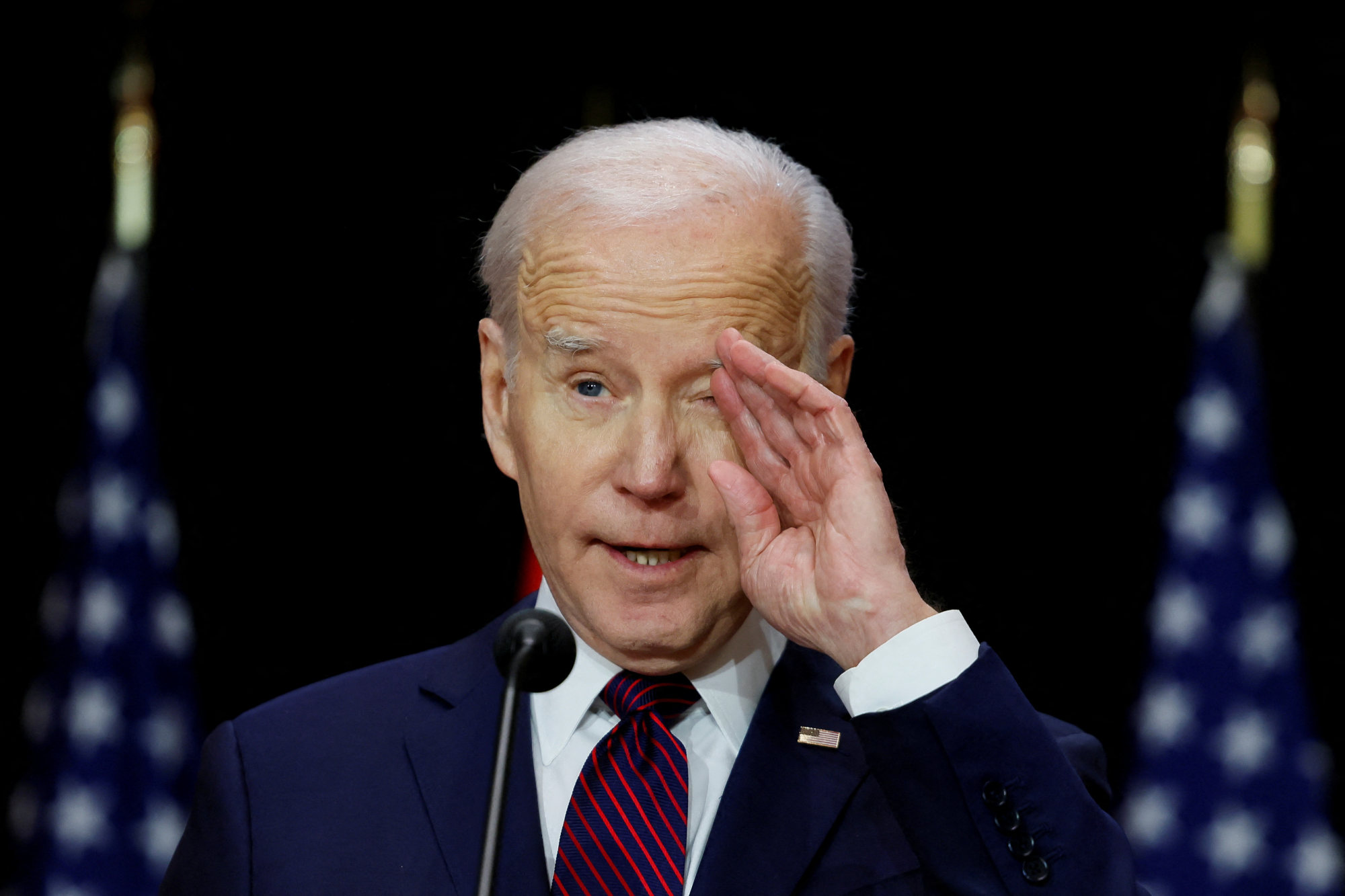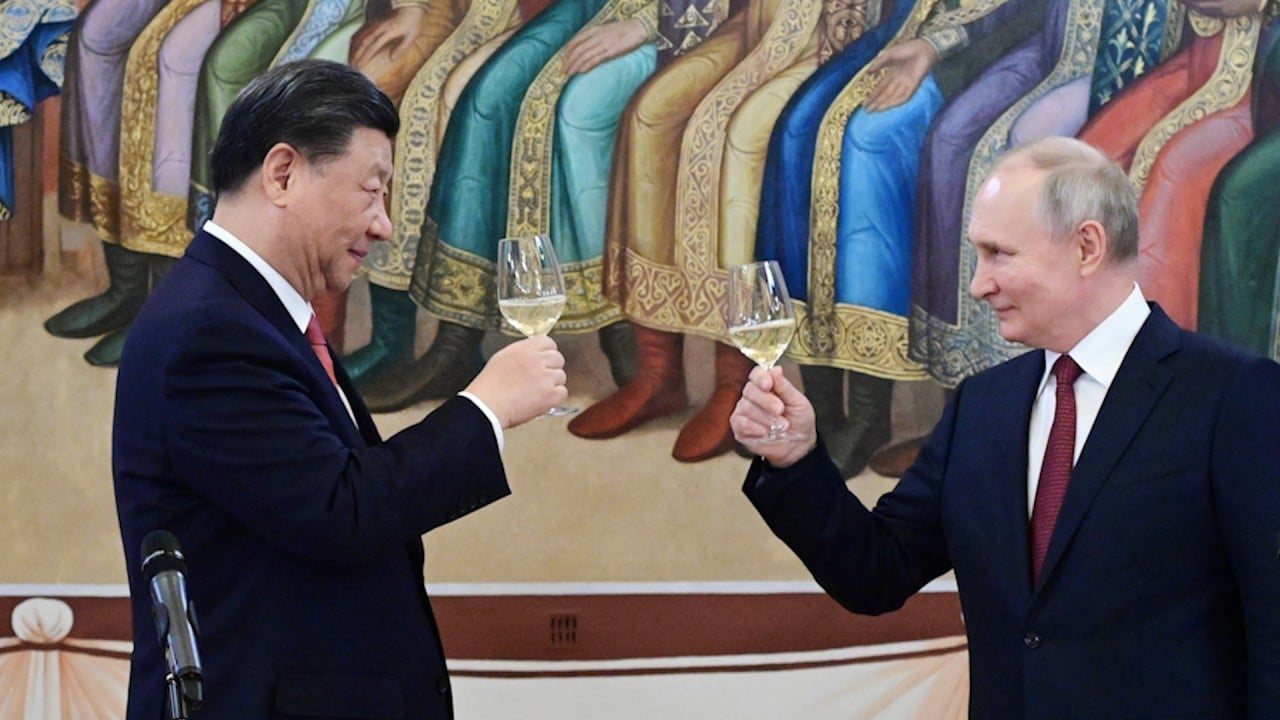
As China lashes out at US democracy summit, analysts warn of more division
- White House event is expected to be attended by over 120 world leaders, with Beijing and Moscow excluded
- Analyst says China is in ‘an unfavourable position’ and the world could be further split into two ideologically driven camps
Beijing has accused Washington of sowing division with the three-day event, which will mostly be held virtually and is expected to be attended by over 120 world leaders – eight more than President Joe Biden’s inaugural democracy summit in 2021.

Framing the US-China rivalry as a fight between democracy and authoritarianism, Biden has tapped four co-hosts on each continent in a bid for a united front – South Korean President Yoon Suk-yeol and the leaders of Zambia, Costa Rica and the Netherlands.
Pang Zhongying, a professor of international affairs at Sichuan University, called it “bad news for China”.
“By portraying Beijing as an authoritarian villain, Biden’s narrative – which is central to his China-focused foreign policy doctrine – has put China in an unfavourable position and it could further divide the world into the two ideologically driven camps led by the US and China respectively,” he said.
Beijing responded by hosting its own second international forum on democracy on Thursday, inviting 300 guests from over 100 countries and regions to slam Washington’s “monistic and hegemonic narratives”, according to state television.
“These acts – imposing one’s model of democracy and ‘democratic transformation’ on others, or forming an ‘alliance of values’ in the name of ‘democracy’ vs ‘autocracy’ – create division and antagonism and trample on the democratic spirit, leaving a poisonous legacy despised by their targets,” Li said.
US House speaker says lawmakers to move forward with TikTok bill
China’s foreign ministry also released a report last week saying American democracy was in decline and accusing the US of inflaming tensions and causing chaos around the world.
In addition, China’s ambassador to South Africa Chen Xiaodong wrote in an article published by local media last week that the US was using the summit to maintain its hegemony and create division. Foreign ministry spokesman Wang Wenbin had earlier said the White House event was “never a boon but a bane for the world”.
State-controlled China Daily last week also questioned Washington’s role as a “lecturer on democracy” in an editorial, and said it was “playing bloc politics and using democracy as a tool for political ends”.
Analysts say Beijing fears being further isolated, as Biden’s alliance-based approach to counter China has made headway in recent months, including with the strengthening of US military ties with the Philippines, Japan, South Korea and India.
Pang said South Korea’s recent pivot towards the US under Yoon would be worrying for Beijing. Yoon will chair a plenary session at the summit on economic growth and shared prosperity on Wednesday.
“It will give Yoon an opportunity to increase his global exposure and rally support at home ahead of his participation in the G7 summit in Japan in May,” he said.
China, US draw on regional forces to scale up mutual deterrence
Pang also noted that while Biden was expected to score diplomatic points by hosting the summit, it was unclear if the event would boost his approval ratings at home.
But he said it was unlikely that Beijing would go further than harsh rhetoric in its response to the summit.
“I think China’s foreign policy is undergoing a moderate shift after the party congress and the annual ‘two sessions’ meetings as the government is preoccupied with economic recovery and has since toned down its rhetoric against the US,” Pang said.
Collin Koh, a research fellow with the S. Rajaratnam School of International Studies at Nanyang Technological University in Singapore, also said there was still a desire in Beijing to improve ties with Washington.
“But in the US, the strong bipartisan consensus on China being the number one security challenge or a threat and growing negative American public perceptions towards China, especially following the recent spy balloon incident, will constrain options for the Biden administration,” he said.
The US State Department declined to discuss selection criteria for democracy summit participants.
“However, we reiterate that for the summit we aim to be inclusive and representative of a regionally and socioeconomically diverse slate of countries,” a State Department spokesperson said. “We are not seeking to define which countries are and aren’t democracies.”


